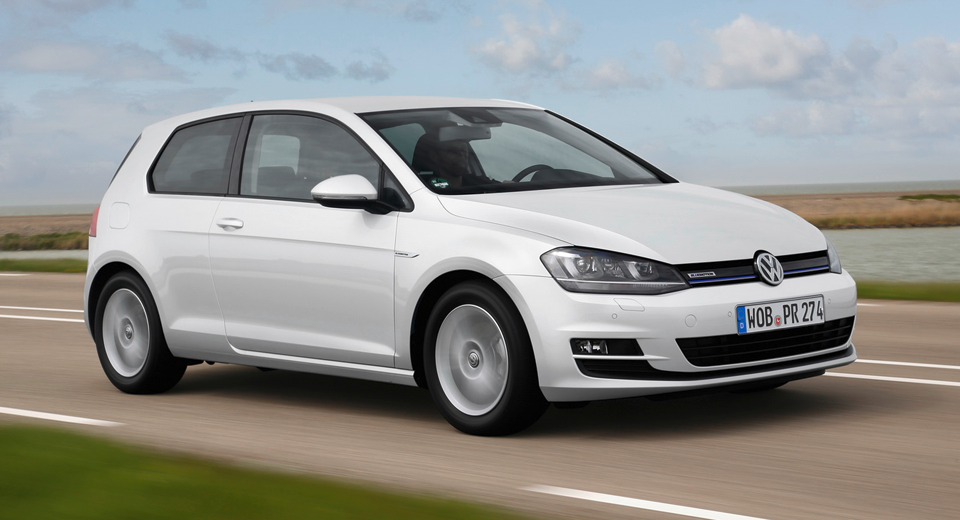-
Tips for becoming a good boxer - November 6, 2020
-
7 expert tips for making your hens night a memorable one - November 6, 2020
-
5 reasons to host your Christmas party on a cruise boat - November 6, 2020
-
What to do when you’re charged with a crime - November 6, 2020
-
Should you get one or multiple dogs? Here’s all you need to know - November 3, 2020
-
A Guide: How to Build Your Very Own Magic Mirror - February 14, 2019
-
Our Top Inspirational Baseball Stars - November 24, 2018
-
Five Tech Tools That Will Help You Turn Your Blog into a Business - November 24, 2018
-
How to Indulge on Vacation without Expanding Your Waist - November 9, 2018
-
5 Strategies for Businesses to Appeal to Today’s Increasingly Mobile-Crazed Customers - November 9, 2018
Volkswagen to add particulate filters to their VERY dirty PETROL engines
This ridiculous situation, where previously clean petrol engines have started to emit huge levels of properly harmful particulates, is entirely down to the obsession with Carbon dioxide by legislators, compelling vehicle makers to meet ever more stringent Carbon dioxide emissions levels and skewing taxes to direct buyers in to low Carbon dioxide cars. Emissions of fine soot particles will be reduced by up to 90% as a result. From 2017, all VW Group direct injection TSI and TFSI engines will be fitted step-by-step with these gasoline particulate filters (GPF).
Advertisement
The Volkswagen Group is following the lead of its German rival Mercedes-Benz in introducing particulate filters for petrol engines.
By 2022, the number of VW Group vehicles being equipped with this technology annually could reach seven million, Wolfsburg says.
Most of us are more familiar with particulate filters on diesel engines, which are created to catch bits of soot in the exhaust system and keep them from ending up being blown out the tailpipe. The first models to benefit from the filters will be Volkswagen Tiguans with 1.4 TSI engines and Audi A5s with the 2.0 TFSI unit. Installing them on gasoline engines will allow them to follow stricter emissions.
Advertisement
On a tangent, the Volkswagen Group also vowed to reduce the nasty stuff coming out of its diesel cars with the help of AdBlue. VW announced a new particulate filter for gas engines that it claims can reduce particulate matter by up to 90 percent. Emissions Analytics, an independent company based in London, checked the emissions of the 440 most popular models and placed several Volkswagen Group vehicles in the top 10 in its Air Quality Index. Here’s Mr. Eichhorn again: “In the future, all [diesel] models will be equipped with the latest and most efficient SCR catalytic converter technology”.




























